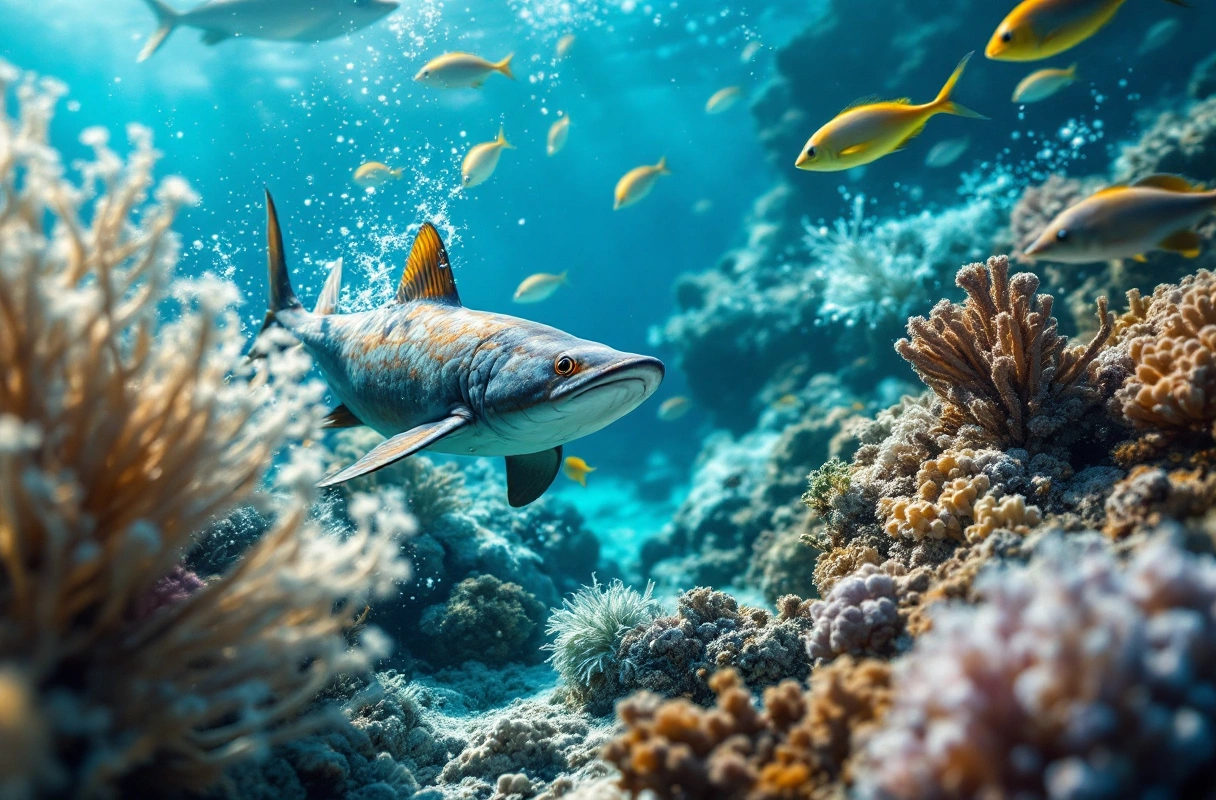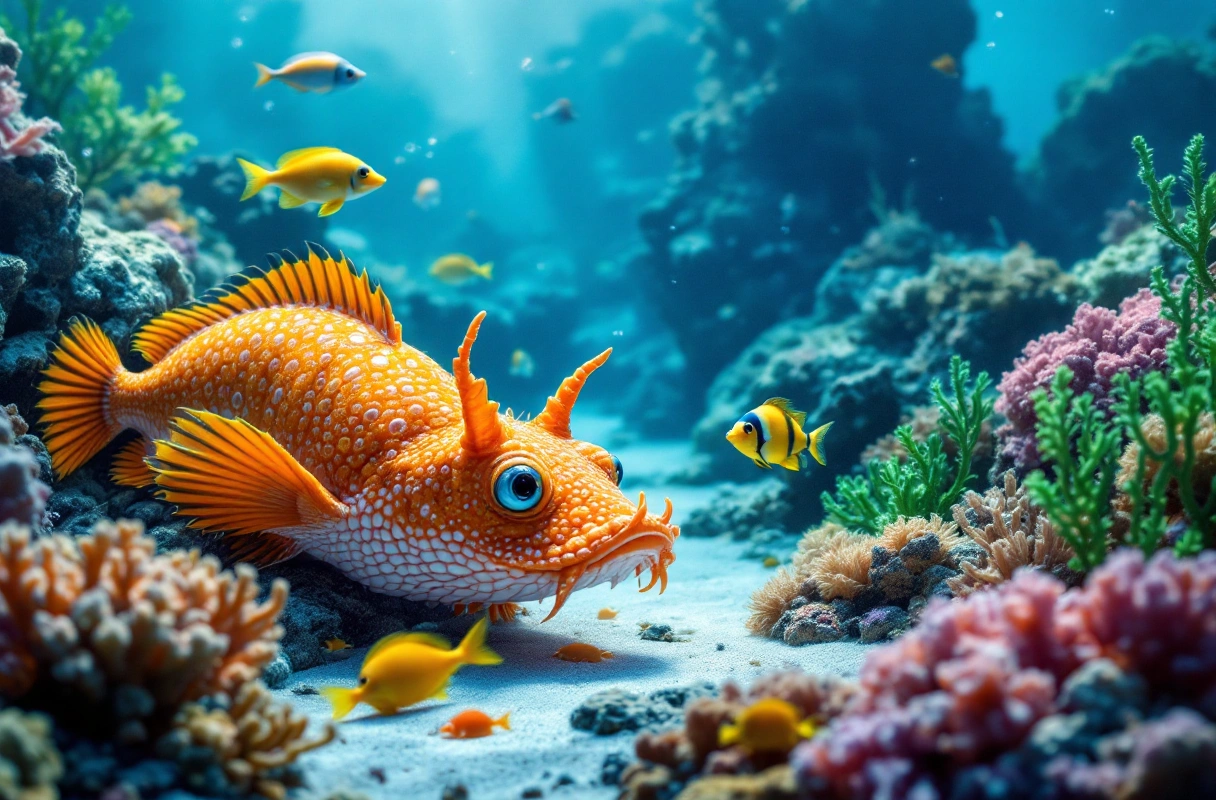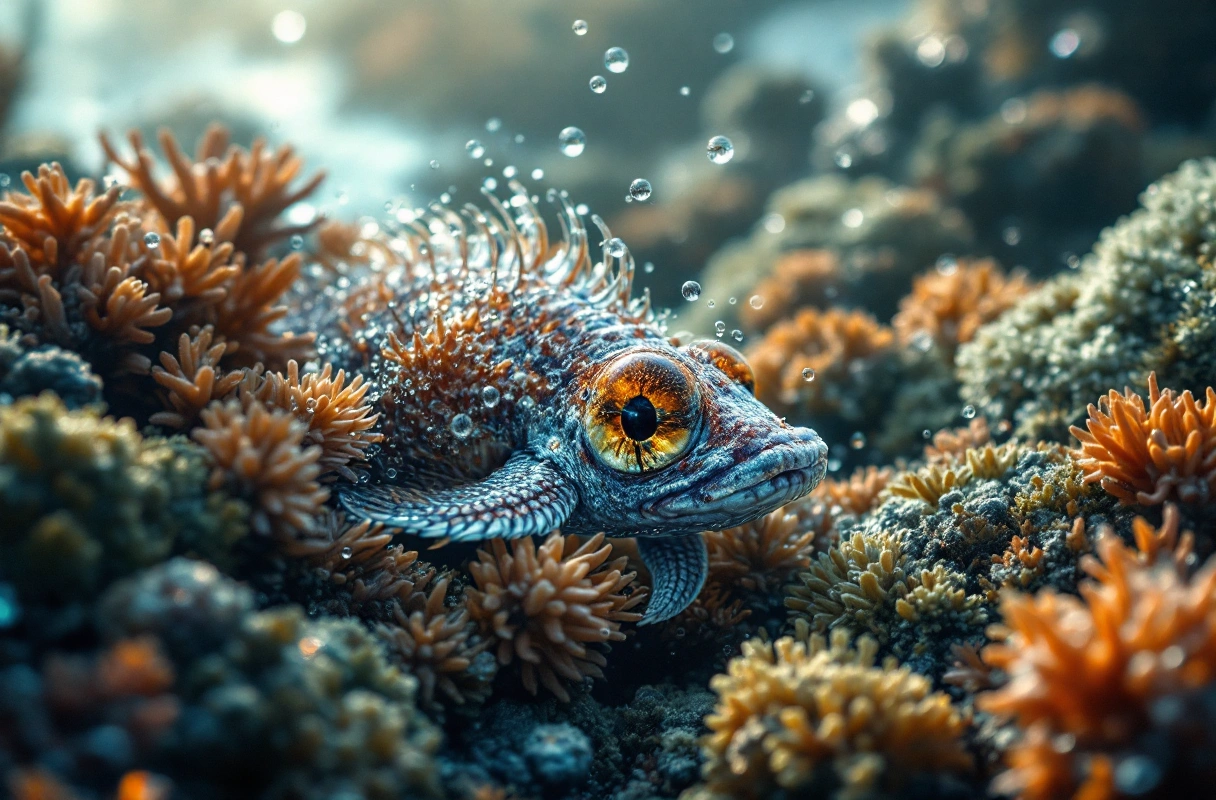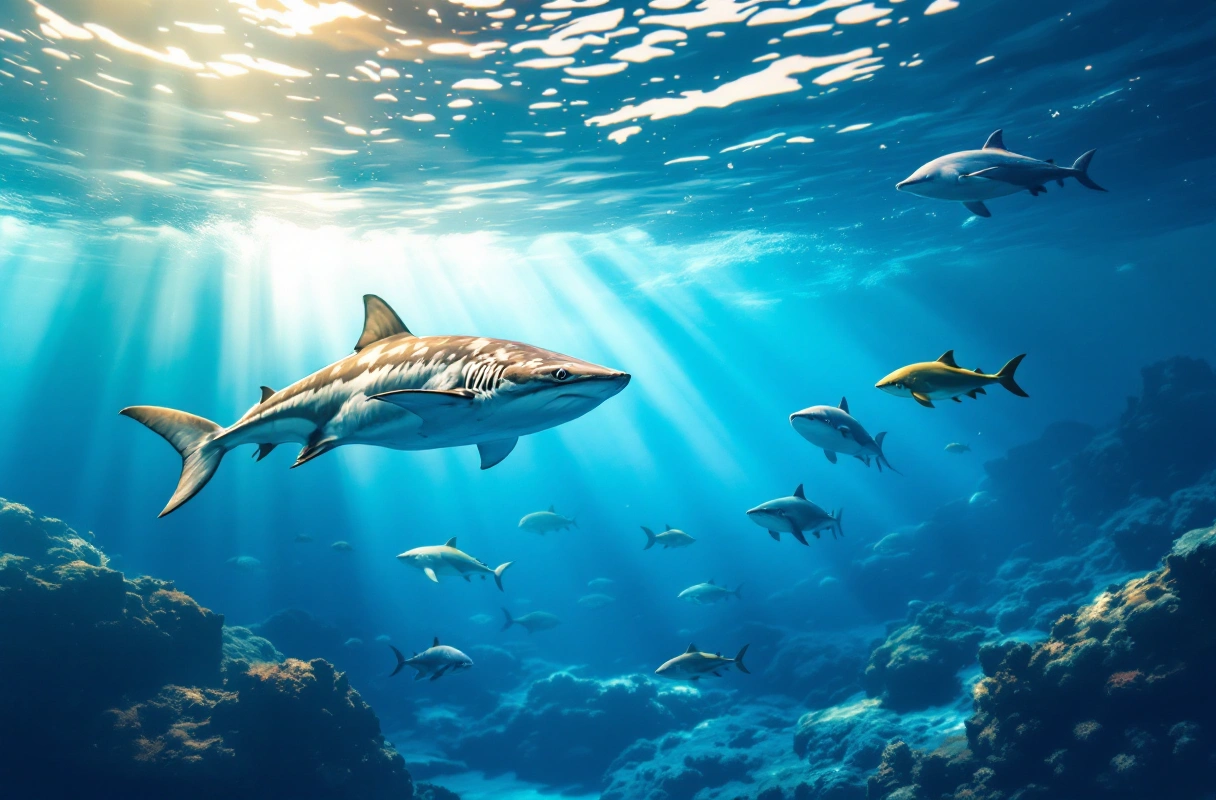
The health of our planet's oceans is inextricably linked to the well-being of marine life. Sea creatures play critical roles in maintaining underwater ecosystems, from the smallest plankton to the largest whales. However, human activities such as pollution, overfishing, and climate change threaten these vital species and their habitats. In this article, we will explore marine conservation tips that can help protect sea creatures and promote the sustainability of our oceans.
Understanding the importance of marine conservation is essential for everyone, especially for nature enthusiasts, students, and kids eager to learn more about the natural world. By implementing actionable strategies to safeguard marine life, we can contribute to a healthier planet for future generations.

Sea creatures are fundamental to the biodiversity of marine ecosystems. Each species, whether a predator, prey, or scavenger, plays a unique role in maintaining the balance of oceanic life. For instance, sea turtles help control jellyfish populations, while coral reefs provide habitats for countless marine organisms. The loss of any species can have cascading effects on the entire ecosystem, disrupting food chains and leading to further declines in biodiversity.
Marine creatures offer numerous ecosystem services that benefit humanity. These include:
Understanding these roles can inspire individuals to take action in protecting marine life and ensuring the stability of our oceans.

In light of the ongoing threats to marine ecosystems, here are several practical tips to help protect sea creatures and their habitats.
Plastic pollution is one of the most significant threats to marine life. Sea creatures often ingest plastic debris or become entangled in it, leading to injury or death. To combat this issue, individuals can:
Overfishing and destructive fishing practices can devastate fish populations and their habitats. Consumers can help by:
By making informed choices, individuals can support fisheries that prioritize the health of marine ecosystems.
Water conservation is vital for maintaining the health of marine environments. Excessive water use can lead to runoff that pollutes oceans and disrupts habitats. Here are steps to conserve water:
Every drop saved contributes to healthier marine ecosystems by reducing the amount of polluted runoff entering our oceans.
Raising awareness about marine conservation is essential for driving change. Individuals can:
Education fosters a deeper understanding of the challenges facing marine life and empowers individuals to take action.
Ecotourism can provide valuable funding for conservation efforts while promoting awareness of marine issues. To engage in responsible tourism:
Responsible tourism allows individuals to appreciate marine life while contributing to its protection.

Many believe that marine conservation is solely the responsibility of scientists and environmentalists. However, everyone can contribute to conservation efforts through simple actions in their daily lives. From reducing plastic use to advocating for sustainable practices, collective efforts can lead to significant change.
Another common misconception is that individual actions are insignificant in the grand scheme of marine conservation. In reality, small actions can create a ripple effect. When many individuals adopt sustainable practices, it can lead to substantial improvements in marine health and inspire larger systemic changes.
Engaging with local communities is vital for effective marine conservation. Collaboration between scientists, policymakers, and local stakeholders can lead to more sustainable practices and better protection for sea creatures. Community-based initiatives can empower individuals to take ownership of their local environments, fostering a sense of responsibility toward marine ecosystems.
By fostering a sense of community, collective efforts can become more impactful and sustainable.
Marine conservation not only protects sea creatures but also serves as an educational opportunity for nature enthusiasts, students, and kids. Organizations like the Banana Slug Club play a crucial role in providing resources and programs that promote understanding and appreciation for marine life. By engaging with such organizations, individuals can deepen their knowledge and become advocates for marine conservation.
The Banana Slug Club offers educational resources, workshops, and community events that focus on marine ecosystems and their inhabitants. By participating in these programs, individuals can learn about:
Incorporating marine education into one's life can foster a lifelong passion for preserving the ocean's health.
The health of our oceans and the survival of sea creatures depend on collective action. By implementing the marine conservation tips outlined in this article, individuals can make a meaningful impact on the protection of underwater ecosystems. Understanding the roles that sea creatures play and the importance of biodiversity will empower everyone to become advocates for our oceans.
We encourage nature enthusiasts, students, and kids excited about learning more about the world to explore the resources offered by the Banana Slug Club. Visit our website or contact us for more information on how you can get involved in marine conservation and contribute to the protection of sea creatures. Together, we can make a difference for our oceans and the incredible life that inhabits them.
Get free resources, early access to new features and updates.
No spam. Just fun educational emails!